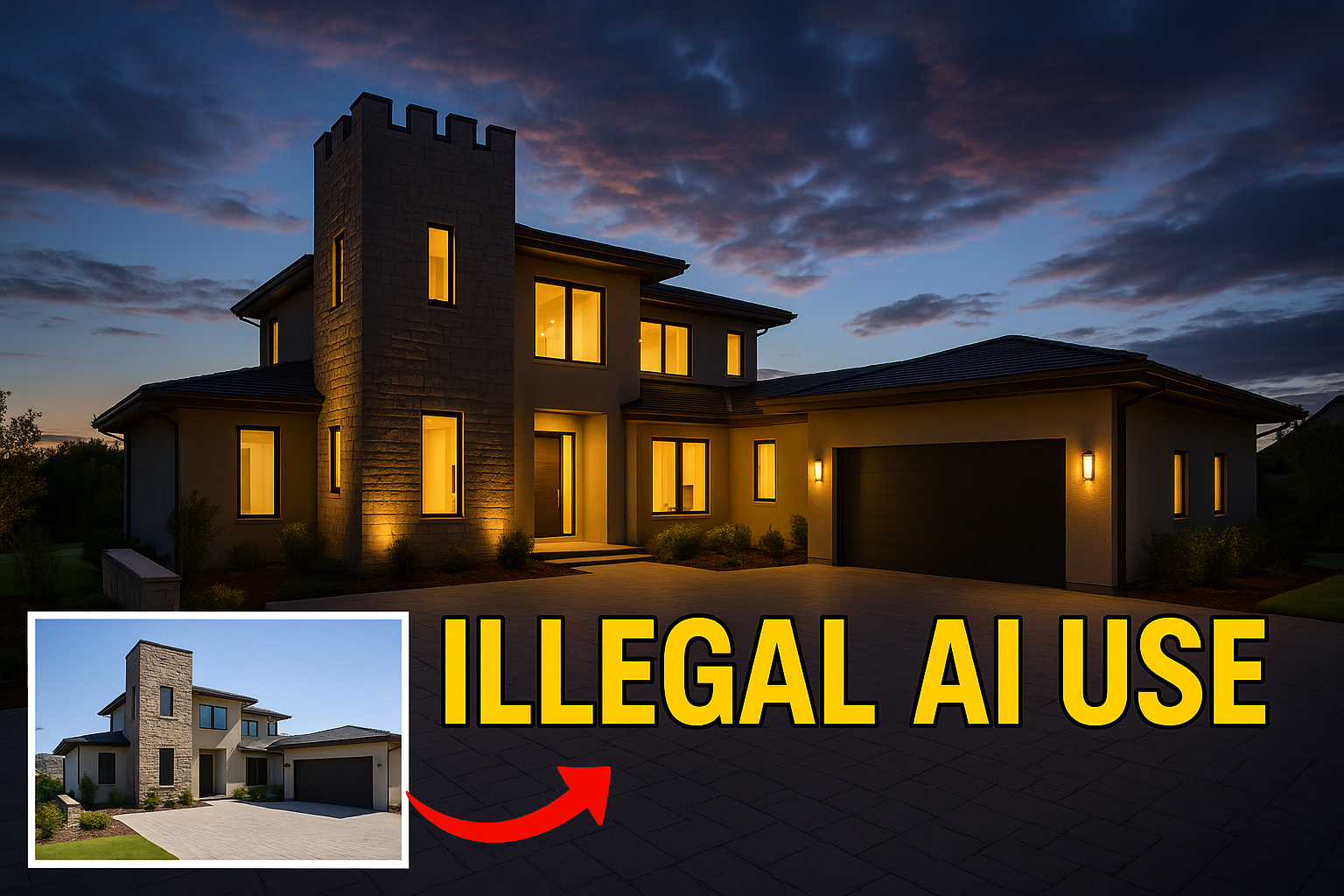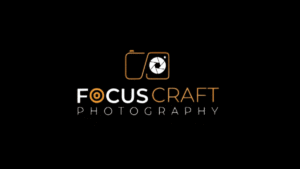AI Real Estate Photography Faces Legal Scrutiny Across US Cities
AI tools now shape how photographers in Los Angeles, Miami, and New York showcase properties. Editing platforms powered by generative models deliver flawless skies, spotless lawns, and perfect lighting. The visual polish sells homes faster, yet every automated pixel invites legal questions.
In California, disclosure laws around virtual staging tighten. In Florida, misrepresenting property exteriors can violate consumer protection statutes. Agents and photographers who rely blindly on AI editing risk MLS rejection and potential legal action.
Why Local Rules Matter
Each state applies its own guidelines:
- New York: deceptive imagery may trigger real-estate-advertising penalties.
- Texas: MLS boards demand photo authenticity and forbid AI-altered structures.
- California: strict disclosure for virtually staged interiors.
One universal rule applies: photos must reflect the property’s real condition.
Where AI Helps — and Hurts
Enhancements like sky replacement or lighting correction remain acceptable. Generating fake pools, larger yards, or extended rooms crosses legal boundaries. AI-generated objects often strip copyright metadata, making ownership difficult to prove.
Professional photographers in Boston and Seattle now embed provenance data through Adobe Firefly or Nikon’s authentication tech to verify authenticity.
Expanding to Global Listings
US property photos often appear on international sites like Zillow Global or Airbnb.AI staging or AI retouching that hides imperfections may be classified as misleading under foreign regulations.
Transparency builds trust — always mark images “Virtually Staged” or “Digitally Enhanced.”
Best Practices for Local Photographers
- Shoot original images and keep EXIF data intact.
- Use AI tools with clear commercial licenses.
- Disclose edits to buyers and MLS boards.
- Store the original and edited versions separately for verification.
- Add local compliance clauses in contracts stating “Compliant with California Advertising Code § 17500.”
Building Trust Through Authenticity
Buyers in Houston or Dallas want realistic visuals — not synthetic illusions.
Ethical editing proves professionalism. Agents using transparent, legally compliant AI workflows earn repeat clients and higher conversion rates.
Real estate photography isn’t only about aesthetics; it’s about credibility.
Final Insight
AI continues redefining visual marketing, yet law defines the limits.
Photographing properties in San Francisco’s tech hubs or Miami’s luxury condos requires balancing creativity with compliance to uphold business integrity.
Those who adapt early will dominate global listings — ethically and profitably.
FAQ’S
What are the main legal risks of using AI in real estate photography?
AI can create or alter property images beyond reality. This may violate US copyright laws, MLS rules, or disclosure policies. Using AI-generated visuals without transparency can lead to listing rejection or legal action.
Is virtual staging with AI legal in the United States?
Yes, but only with proper disclosure. You must state clearly that the photo has been virtually staged or digitally edited. Hiding this information can mislead buyers and breach state advertising laws.
How can photographers stay compliant when using AI editing tools?
Use licensed AI platforms, keep original unedited images, and mention any AI-assisted changes in listing descriptions. Also, follow state-specific MLS guidelines for image authenticity.
Do AI-edited photos have copyright protection?
Not always. If an image is created entirely by AI with no human input, it may not qualify for US copyright protection. Human creativity must be involved to claim ownership or commercial rights.
What happens if an MLS rejects AI-modified photos?
Your listing may be removed or flagged for policy violation. Always verify MLS photo requirements before uploading AI-edited visuals to avoid penalties or listing removal.
Which US cities have strict rules for AI real estate photography?
California, New York, Texas, and Florida apply stricter standards. These states require clear labeling for virtual staging and can fine agents or photographers for misleading imagery.
How can AI tools be used safely in property marketing?
Use AI to enhance lighting, clarity, or composition — not to alter structural details. Avoid generating scenes that never existed. Transparency and accuracy protect your business reputation.
Can AI real estate photography affect buyer trust?
Yes. Over-edited or fake-looking images reduce credibility. Buyers value authenticity. Honest visuals lead to stronger engagement, faster sales, and better client satisfaction.
How do global real estate platforms handle AI-edited images?
Websites like Zillow, Airbnb, and international MLS systems often require disclosure for AI edits. Misrepresentation may lead to listing takedowns or bans from the platform.
What’s the safest AI tool for real estate photographers?
Use Adobe Firefly, Luminar Neo, or similar AI editors that embed metadata and have commercial-use licenses. These tools ensure legal compliance and maintain image authenticity.
Capture Every Angle That Sells
Transform your property listings with The FocusCraft’s trusted real estate photography.
We don’t just take pictures — we capture stories that sell. From flawless lighting to strategic composition, every shot is crafted to highlight your property’s true potential.
Why Choose The FocusCraft?
- Professional photographers experienced in real estate marketing
- Attention to every architectural and interior detail
- Fast delivery with high-quality editing
- Proven results that help listings attract more buyers
Ready to Elevate Your Listings?
Let The FocusCraft bring your property to life through our lens.
👉 Book Your Shoot Today and see why clients trust us to make their listings stand out.





